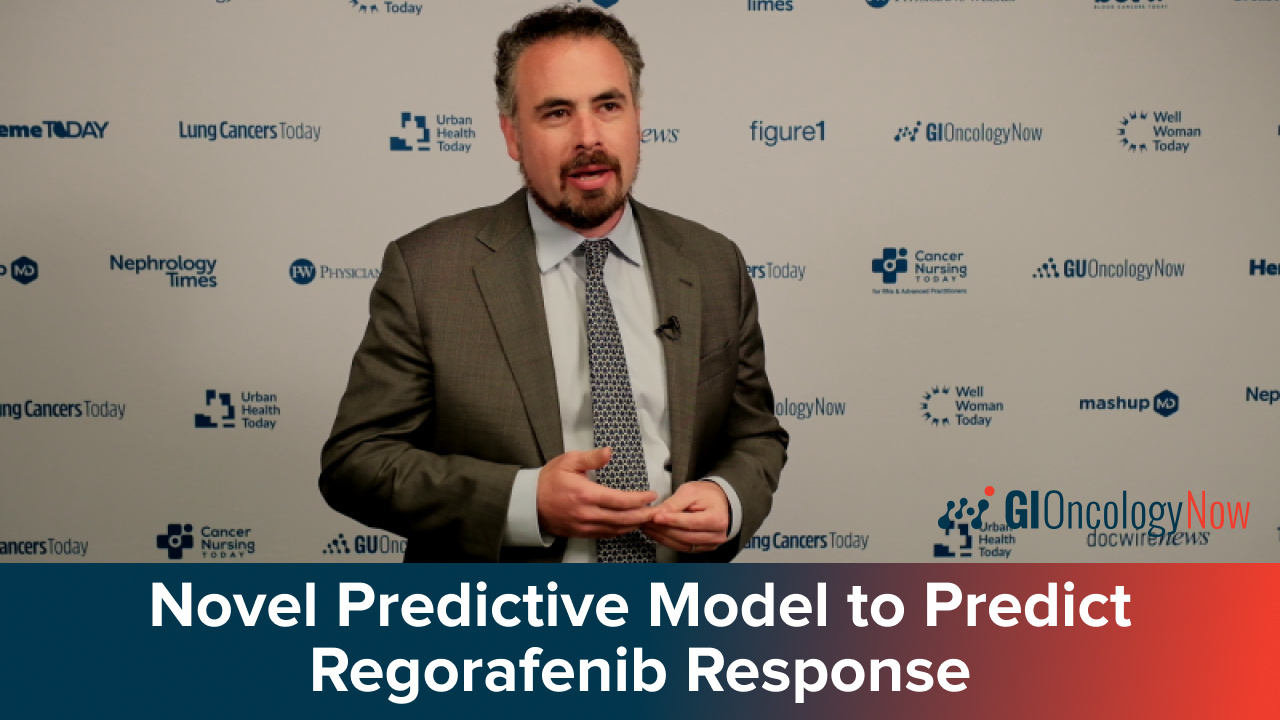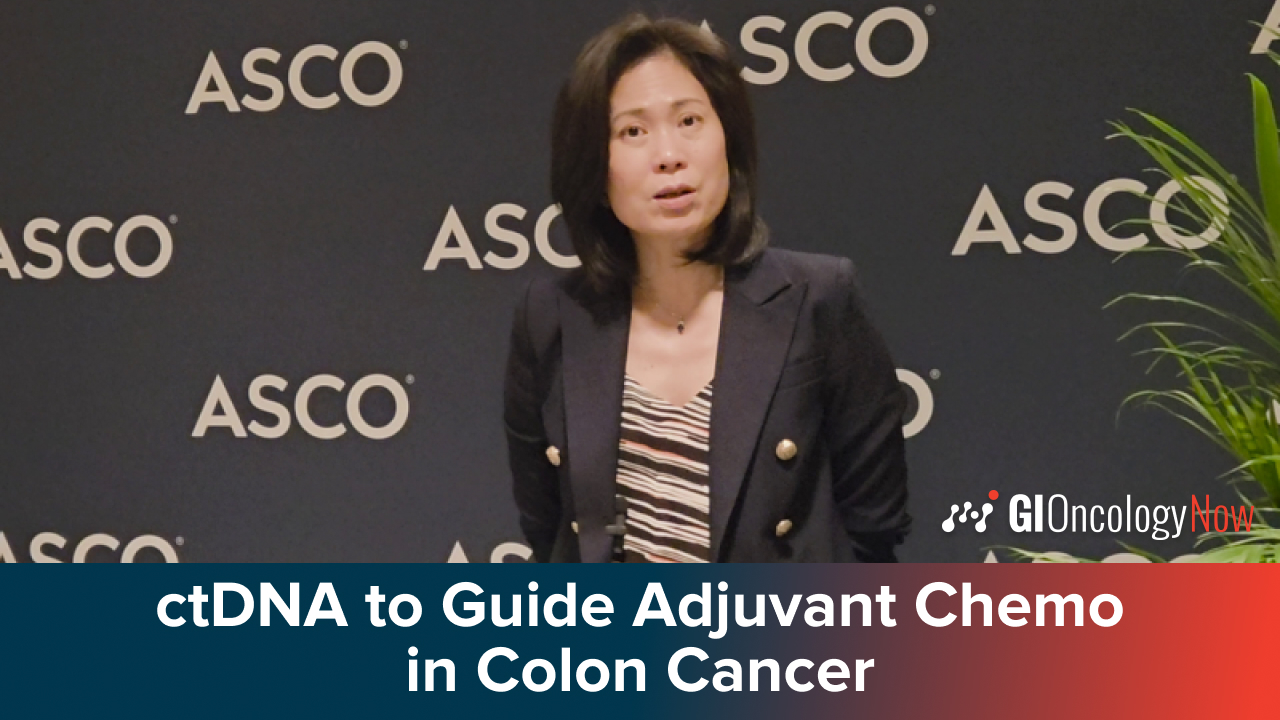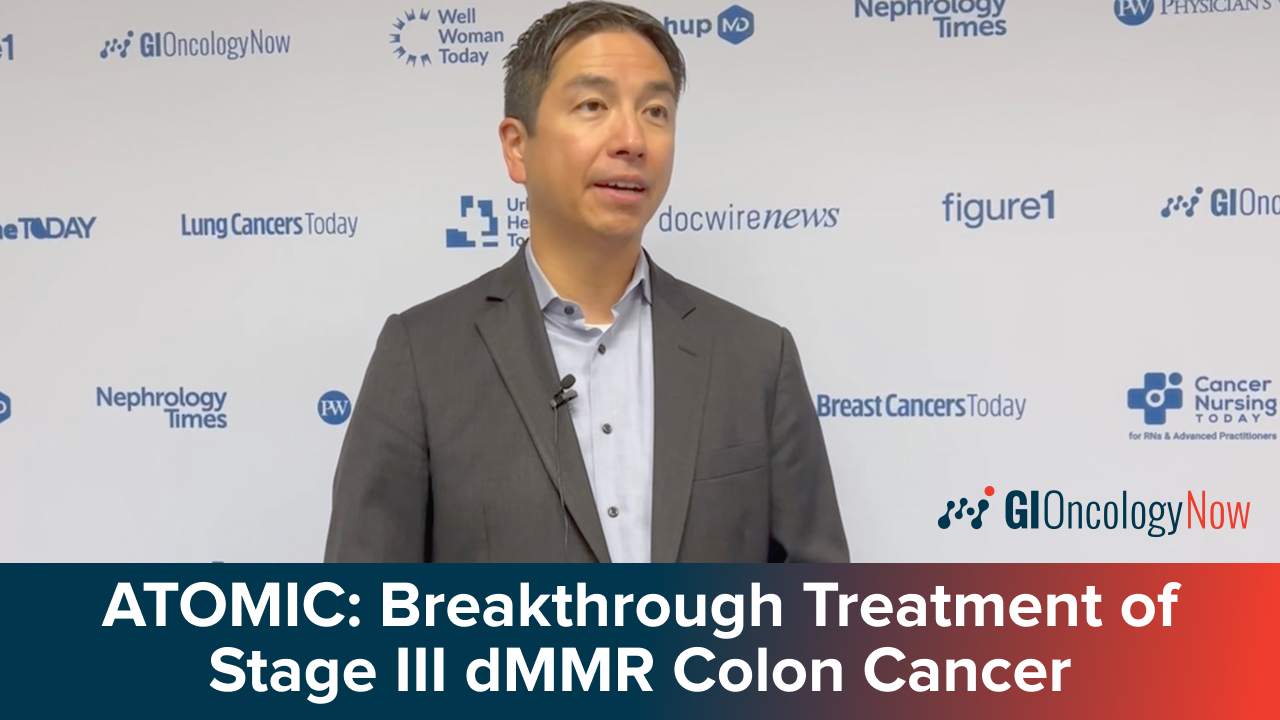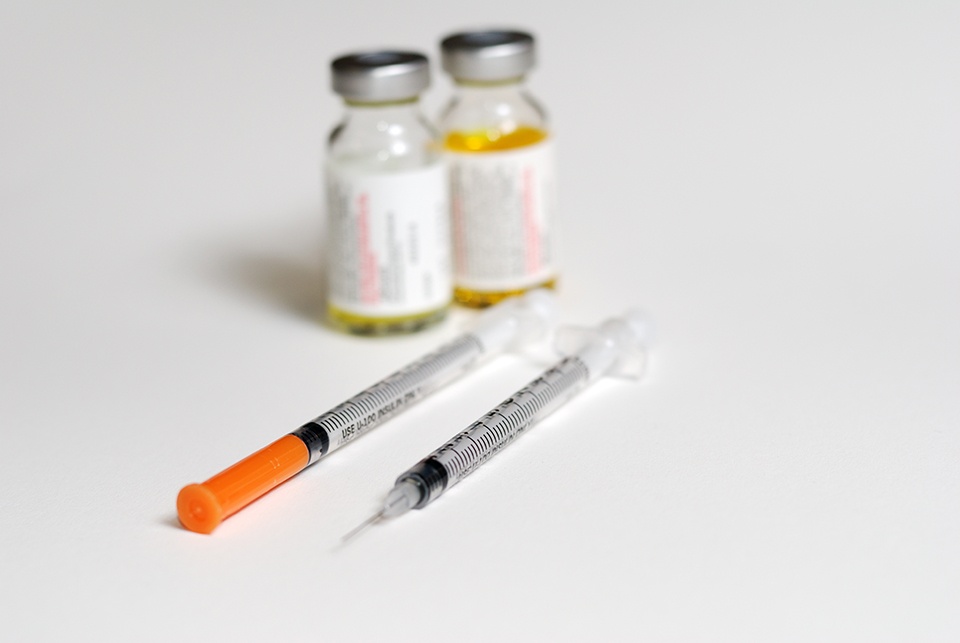Incorporating ctDNA, Novel Therapies Into Practice for Colorectal Cancer
By Shikha Jain, MD, FACP, Suneel Kamath, MD, Arvind Dasari, MD, MS, Sakti Chakrabarti, MD - Last Updated: March 19, 2025A roundtable discussion, moderated by Shikha Jain, MD, FACP, discussed the treatment sequencing, management, and future directions of advanced colorectal cancer, as well as relevant clinical trial data from the 2024 American Society of Clinical Oncology Annual Meeting. Dr. Jain was joined by Suneel Kamath, MD; Arvind Dasari, MD, MS; and Sakti Chakrabarti, MD.
In the fourth segment of the roundtable series, the panel expands on the incorporation of ctDNA in the adjuvant setting for colorectal cancer, highlighting its prognostic value and application. Together, they also review the impact and tolerability of the FRESCO and FRESCO-2 trials on clinical practice.
View the next segment on Sequencing Novel Therapies in Colorectal Cancer.
—
Dr. Jain: I want to jump back because we got sidetracked by oligometastatic disease, but I want to discuss something groundbreaking in oncology, especially for colorectal cancer patients: ctDNA. Let us focus first on the adjuvant setting. I can share my opinion, but I would like to hear from all of you. How are you incorporating ctDNA into your adjuvant patients?
Dr. Dasari: The biggest benefit of ctDNA is its reliability and high prognostic value. For stage 3 colon cancer, everyone gets adjuvant therapy, causing toxicities, but we only help 2 or 3 out of every 10 patients. The rest either do not need it or do not respond to the current adjuvant therapy. This is because we cannot prognosticate beyond TNM staging. ctDNA helps with this; a positive ctDNA indicates nearly 100% risk of recurrence, whereas a negative ctDNA shows a much lower risk. This allows us to risk stratify and make better decisions about adjuvant therapy.
Another issue is that we have been using fluoropyrimidine and oxaliplatin as our only adjuvant drugs since the early 2000s. ctDNA can help run more efficient adjuvant clinical trials by being a better prognostic biomarker.
Dr. Chakrabarti: Absolutely. In my practice, if ctDNA is positive, I discuss adjuvant chemotherapy with patients, regardless of stage, as their recurrence risk is close to 100%. However, if ctDNA is negative and adjuvant therapy is indicated by current guidelines, I do not skip therapy unless the patient is very old and frail.
Dr. Jain: Two questions: When do you check ctDNA after surgery? And do you use ctDNA for stage 3 patients, especially considering the IDEA trial results?
Dr. Chakrabarti: We generally check ctDNA within 4 weeks of surgery, but not within 2 weeks due to irrelevant ctDNA from normal cells in the bloodstream.
Dr. Dasari: Yes, recent data suggest checking from 2 weeks post-surgery is reliable. Regarding stage 3 patients, ongoing trials, like the CIRCULATE-NORTH AMERICA trial, are evaluating adjuvant therapy intensity based on post-operative ctDNA status.
Dr. Kamath: It is a great trial, and Dr. Dasari is the national PI. Also, tissue-informed versus plasma-only assays matter for timing. For tissue-informed, 2 weeks is fine, but for plasma-only, waiting at least 4 weeks is better to avoid false positives.
Dr. Jain: Now let us discuss the FRESCO and FRESCO-2 trials. How have they impacted your clinical practice?
Dr. Chakrabarti: FRESCO-2 is a phase 3 study with refractory patients randomized to fruquintinib plus best supportive care or placebo plus best supportive care. The study showed fruquintinib improves overall survival, leading to FDA approval for chemorefractory metastatic colorectal cancer patients without actionable mutations. Clinically, it is well-tolerated, with low discontinuation rates, which is impressive for third-line settings.
Dr. Jain: Clinically, I have found it well-tolerated. One patient even questioned if they were receiving the drug because they felt so good.
Dr. Chakrabarti: Quality-of-life studies with FRESCO confirm this, with a drug discontinuation rate of less than 20%.
Dr. Jain: For third-line patients, this is a significant improvement.







 © 2025 Mashup Media, LLC, a Formedics Property. All Rights Reserved.
© 2025 Mashup Media, LLC, a Formedics Property. All Rights Reserved.